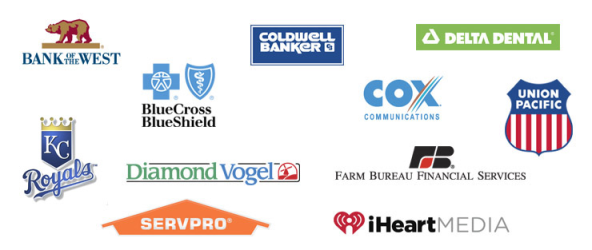By Jeff Beals
(NOTE: This article is adapted from the author’s book, “Selling Saturdays: Blue Chip Sales Tips from Football”)
Several years ago, University of Tennessee football coach Phillip Fulmer and his assistant coaches were trying to sell Tennessee football to a hotshot high school football star from Dallas. Fulmer and Tennessee were battling several other football powerhouses in the effort to sign the talented young man.
As is often the case, the kid and his parents were concerned about the long distance between home and the university. After all, many 18-year-olds have a hard time leaving home and going to college hundreds of miles away.
The Tennessee coaches anticipated the concern based on past experience.
To comfort the young man and his mom, the coaches printed a list of every daily flight between Dallas and Knoxville, Tennessee to show them just how many were scheduled and how affordable the fares really were.
The best salespersons prepare for and gracefully address objections.
There are three main reasons for objections: one is good, one is neutral, and the third is bad. Fortunately, the vast majority of objections, especially if they occur later in the process, are good.
Bad objections are barriers or roadblocks used by the prospect to get away from the salesperson or to stop the process. Typically, these objections are used to convey that the client is turned off by the product, scared of doing the deal or flat-out uninterested. These are reasons or arguments as to why a person does not want to work with you. When you receive this type of objection, it’s usually rather obvious. These objections are telling you that the deal has a low likelihood of happening and that you may be wasting your time pursuing this client any further.
Sometimes, an objection can sound bad but really isn’t. It’s actually neutral. A prospect might want to delay the decision until a later time for a very legitimate reason. A prospect might be interested in what you are selling but just doesn’t have the time to deal with it right now. They might give you a soft “no” just because they are under too much pressure to deal with you.
Any “no” that comes out of these situations should be taken with a grain of salt. Give the prospect some space by asking when you should meet again. Then be sure to follow up.
The lion’s share of objections are positive. To a sales neophyte, they might look and sound bad on the surface, but they are really quite encouraging. In fact, good objections are so important to the selling process that you ought to be concerned if you don’t receive any. It may be a sign that the prospect is not as interested as you think.
Good objections are actually concerns and questions dressed up as problem statements. Prospects use these objections to make sure they are receiving all the information they need from the sales presenter. They also use them to reassure themselves about a decision they have already made.
In other words, the prospect likes you and your service and believes you can provide value by solving their problems. At that point, prospects just want to be 100 percent sure that they understand exactly what you’ll do. These good objections are last-ditch efforts to verify that everything is as great as they think it is. Assuming the salesperson answers the objections reasonably, it’s a done deal.
Whether the objective is bad, good or neutral, avoid acting annoyed, troubled or irritated by it. Try not to be flustered by the objection. If you are caught off guard, you can always look up the information or bring in a colleague for assistance. Never be patronizing or condescending in your answers. It’s a good idea to prepare for a wide variety of objections and rehearse your responses. Have answers ready to go that can reassure prospects, reverse negative feelings or nudge them across the finish line.
By the way, that star player from Dallas did end up playing for Coach Fulmer at Tennessee. Fulmer knew the kid’s mother wasn’t actually saying, “I don’t want my son going to Tennessee, because it’s too far,” rather she was really saying, “Please tell me he’ll be okay so far from home and that I’ll be able to go see him play.”
Jeff Beals is a professional speaker and award-winning author, who helps professionals enjoy greater success through effective sales, marketing and personal branding techniques. He delivers energetic and humorous keynote speeches and workshops to audiences worldwide. To discuss booking a presentation, go to JeffBeals.com or email at info@jeffbeals.com or call (402) 637-9300.
Please forward this article to anyone who would benefit from it.








